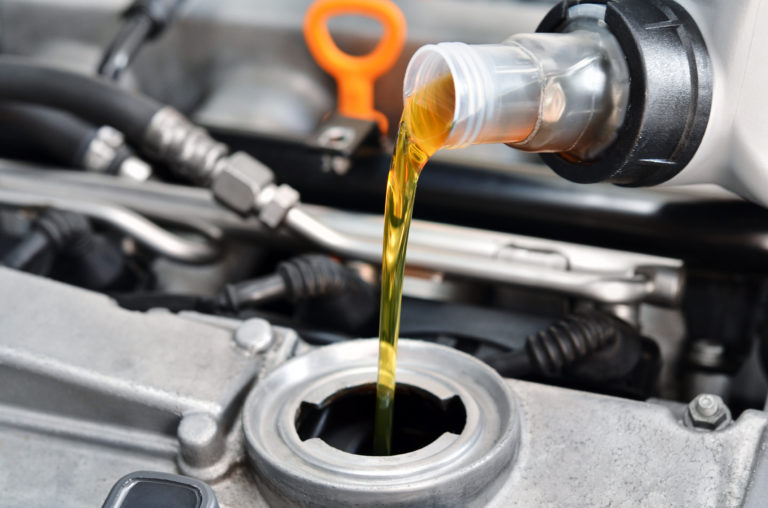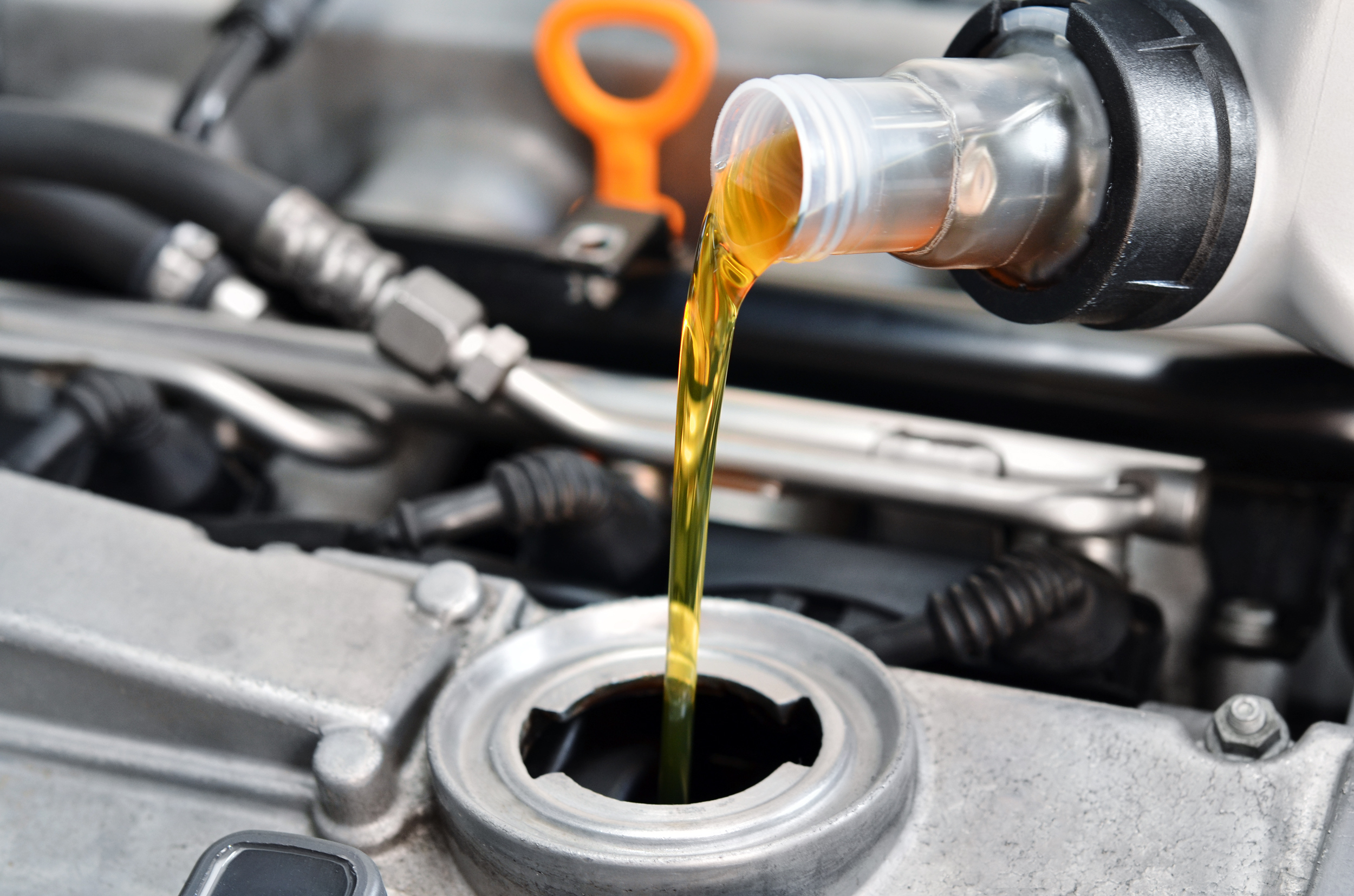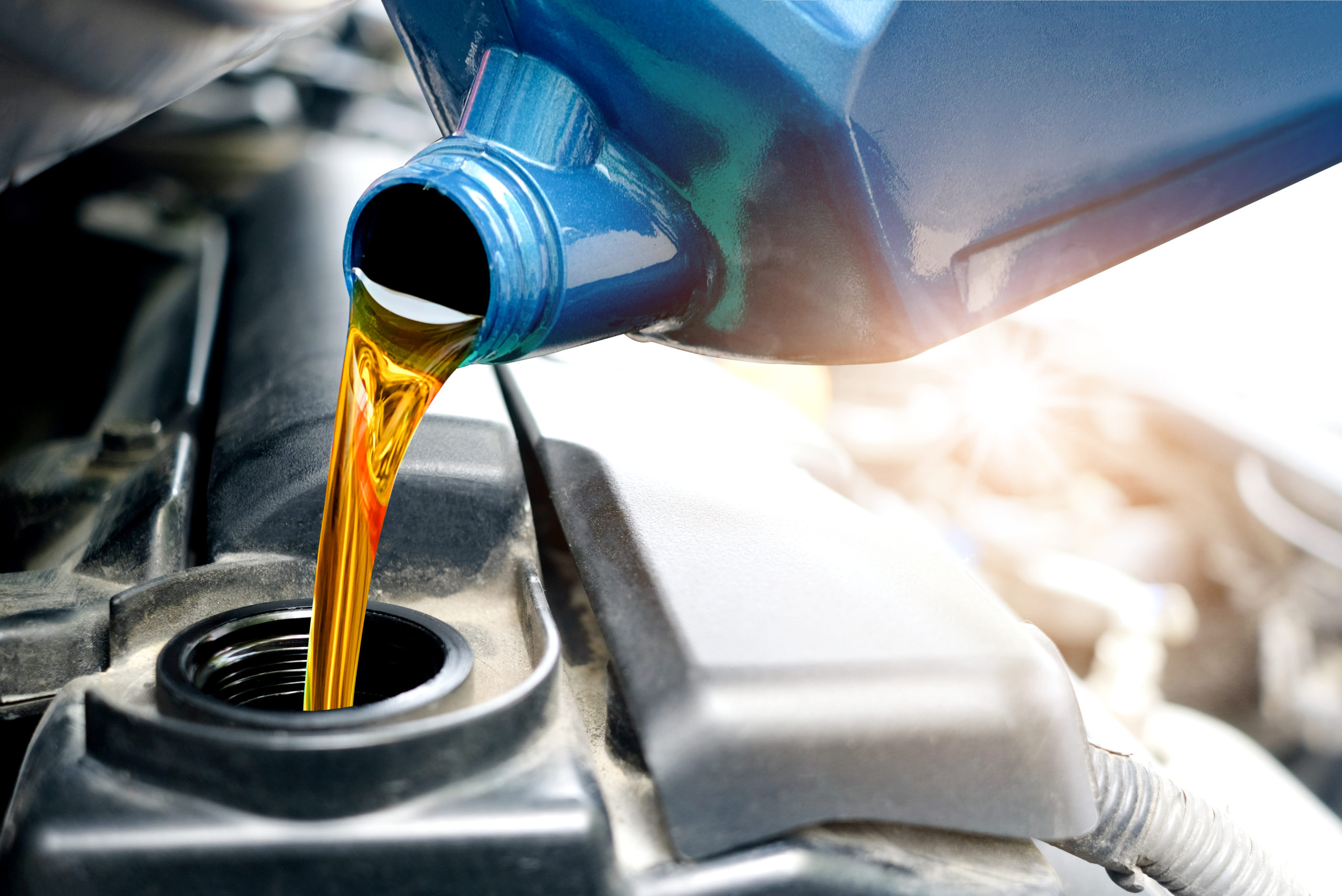Your car relies on motor oil more than any other fluid except perhaps for gasoline. Motor oil ensures that friction levels and temperatures remain as low as possible inside your engine. Yet oil can inadvertently cause damage itself if it contains excessive amounts of contaminants. For this reason, all cars contain filters meant to remove foreign debris from your oil supply.
Of course, not all oil filters can protect your car equally. Unfortunately, many car owners fail to understand the ways in which one filter can differ from another. If you would like to learn more about automotive filtration, keep reading. This article outlines four key qualities that make a motor oil filter unique.
- Micron Rating
When mechanics discuss the size of an oil filter, they usually aren’t referring to the filter’s exterior dimensions. On the contrary, the key criteria here has to do with the size of the holes in the filtration media, as measured in the very small unit known as the micron. Smaller micron ratings mean that a filter can remove smaller particles from your oil stream.
In other words, a filter with a 25-micron rating will successfully remove particles larger than 25 microns in diameter. Many car owners choose to buy a filter with the lowest possible micron rating, assuming that this will deliver the optimal degree of protection. Yet the most dangerous debris particles have a size between 10 and 20 microns, meaning filters finer than that may not be worth the extra cost.
- Capture Efficiency
Micron rating may seem like the most important aspect of an oil filter, yet manufacturers often use this metric in a misleading way. If a filter proves effective at stopping even one particle at a given micron size, manufacturers can legally state that the filter provides results at that size. In other words, a filter with a 20-micron rating may only be able to stop a very small proportion of the debris in that size range.
In order to understand the true filtration power, you must also look at the filter’s capture efficiency. Capture efficiency designates the percentage of particles that a filter can capture at a given size range. Often you can find multiple capture efficiencies listed for a given filter. For instance, the filter may prove 90-percent efficient at the 20-micron size, and 25-percent efficient at the smaller 5-micron size.
- Dirt-Holding Capacity
As you probably realize, an oil filter can only hold a finite amount of debris. As the filter media becomes increasingly clogged, oil pressure drops. At a certain point, this pressure change causes the bypass valve to open, allowing unfiltered oil to enter your engine in order to prevent outright starvation. At this point, you must install a new filter as soon as possible.
The more debris a filter can hold, as measured in grams, the longer it can go before needing replacement. Unfortunately, no regulations exist dictating that the dirt-holding capacity be provided. As a result, manufacturers often omit this information for filters with less than stellar capacities. For more help identifying what filter will last you longest, consult a professional mechanic.
- Flow Rate
As covered above, tighter filters can effectively capture smaller particles. Yet you may end up doing more harm than good by simply selecting the smallest possible filter size. If the micron rating becomes too small, the filter may actually impede the flow of oil. If the filter is excessively slowing down the flow rate, it can overwork your oil pump and also leave your engine without the oil that it needs.
Numerous variables affect what oil filter will provide the best results for your car. For more information about selecting the right filter, please contact auto technicians at Evans Tire & Service Centers.





